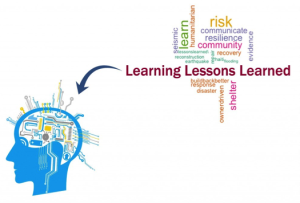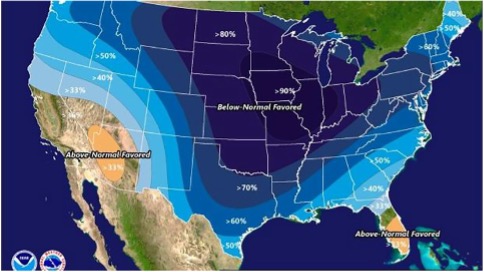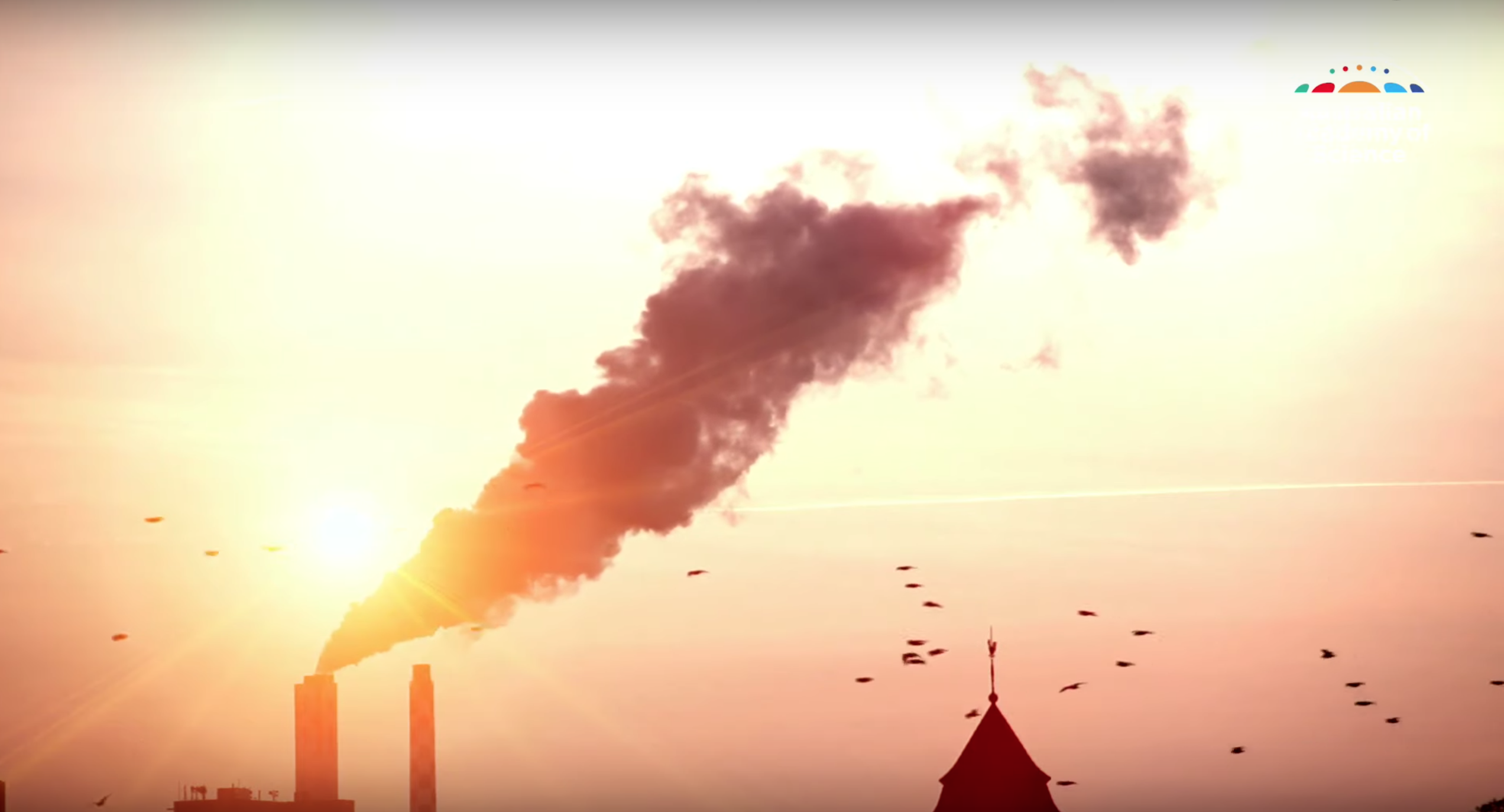The Antalya Report
Forum Objectives
This Forum was convened to discuss and share lessons learned about lessons learned about hydro-meteorological Disaster Risk Reduction (DRR) and Climate Change Adaptation (CCA). The Forum was not intended as a scientific conference focused on the natural science aspects of hydro-meteorological hazards. Instead, it was about the usability of the lessons identified from scientific and societal findings related to DRR in a changing climate. Key reasons for convening the Forum focused on a review of hydro-meteorological DRR including the following:
- Enhancing existing effectiveness and efficiency of DRR programs
- Sharing technical and societal experiences among the DRR and CCA programs
- Raising awareness and concern about climate change and its consequences for extreme climate, water and weather events
- Discussing the possibility of increasing numbers and intensities of extremes in an age of flat-lined disaster assistance budgets
- Searching for a way to “link” the autonomous communities of DRR and CCA more effectively
- Diagnosing institutional and individual resistance to change
- Searching for “resilient adaptation” to a changing climate
Forum Rationale
The reason for convening the Expert Forum is that many “lessons learned” have in fact only been “identified” without further evaluation or application. There are no preset criteria for calling a lesson “learned” nor does identifying a lesson guarantee application in the case of future, similar disasters.
Just about every organization searches formally or informally for good and bad lessons (especially bad ones) from its past activities in order to improve efficiency, effectiveness, organizational image, or the financial bottom line. Marlin (2008) suggested “It would be nice to say most of the learning comes from our successes, but the reality is that most of the learning comes from our failures” (p. 1). Individuals and governments are in the lessons learning business so-to-speak. For governments it is the politically correct thing to do. For individuals and groups the search for lessons is undertaken as a matter of survival. Information gathered from Internet searches shows that there are many competing views about what constitutes a lesson as well as on the value and limitations of using them as input to future policy making.
Various studies of hazards and disasters undertaken over decades contain direct as well as indirect references to lessons previously identified but apparently not implemented, only to be “re-discovered” following the next disaster. During the recent study “Working with a Changing Climate not Against it,” a similar realization occurred. This study of Disaster Risk Reduction (DRR) projects identified lessons from a set of case studies of hydro-meteorological projects. The similarities between lessons identified and recommendations across contexts were evident. The questions then became “Why are similar lessons repeatedly identified for similar disasters.” Shouldn’t past lessons lead to better outcomes in the future? Is there a problem with the process of learning lessons by individuals and by institutions, including governments? Why do people and organizations so often not learn from past experiences? Where do lessons come from and does that influence their potential “re-usability” by future decision makers? Can organizations learn?
Questions such as these must be addressed if collecting lessons from disaster-related experiences is to continue to be considered valuable to DRR as well as to CCA (climate change adaptation) decision-making processes.
 Have we been looking in the right direction when it comes to DRR “lessons learned?” Is the missing aspect a focus on the need for management of “lessons identified?” One could argue that lessons not stored, re-used, or shared run the risk of producing nothing of value for long-term use. But there may be good reasons not to rely on past lessons. For example, a critique of military strategies has been that generals tend to prepare for the last war without considering different types of threats that might occur in the future. Is this what happens in DRR activities for hydromet-related disasters?
Have we been looking in the right direction when it comes to DRR “lessons learned?” Is the missing aspect a focus on the need for management of “lessons identified?” One could argue that lessons not stored, re-used, or shared run the risk of producing nothing of value for long-term use. But there may be good reasons not to rely on past lessons. For example, a critique of military strategies has been that generals tend to prepare for the last war without considering different types of threats that might occur in the future. Is this what happens in DRR activities for hydromet-related disasters?



